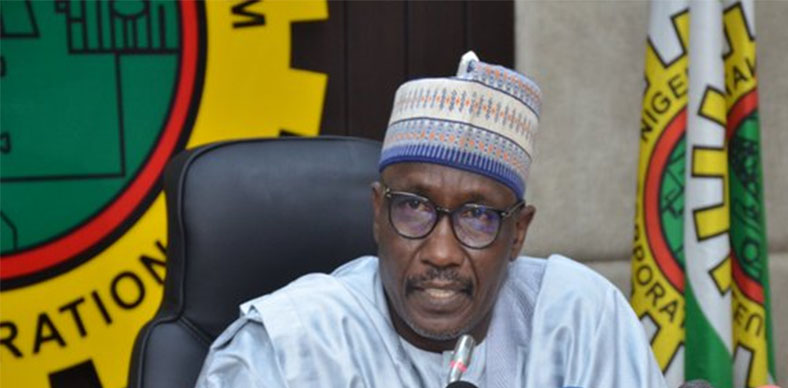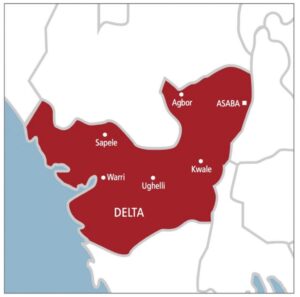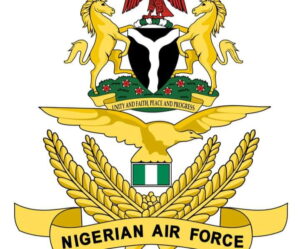The Nigerian National Petroleum Company Limited (NNPCL) is facing criticism after requesting an additional ₦1.19 trillion as a subsidy refund for July 2024. The company claims this amount is due to exchange rate differences on Premium Motor Spirit (PMS) imports and taxes related to joint ventures. However, state governments and oversight committees are questioning NNPCL’s accounting practices, citing transparency issues.
According to a recent report by the Federation Account Allocation Committee (FAAC) Postmortem Sub-Committee, the cost of exchange rate differences for PMS imports rose from ₦4.56 trillion in June 2024 to ₦5.31 trillion in July 2024. NNPCL attributed this increase to forex fluctuations and pending subsidy payments from earlier months.
However, the FAAC Sub-Committee noticed discrepancies in NNPCL’s report, particularly a ₦1.19 trillion “brought forward” figure that had not been mentioned in earlier reports. As a result, the committee has asked NNPCL to resubmit this figure with proper documentation.
Further investigations revealed that NNPCL’s subsidy claims lacked important details, such as the volume of PMS imported, its pricing, and sales values. The omission of these key figures has made it difficult for committees to validate the company’s claims.
The FAAC Sub-Committee emphasized the need for greater transparency in subsidy reporting. It urged NNPCL to provide clear and complete records of its PMS importation and include all outstanding amounts in its reports.
Despite President Bola Tinubu’s May 2023 announcement that “subsidy is gone,” the NNPCL’s claims indicate otherwise. Subsidy-related expenses have continued to grow, with the company now requesting ₦5.31 trillion for petrol under-recovery. This figure is nearly equal to the government’s planned ₦5.4 trillion annual subsidy spending.
Critics argue that these rising costs are putting a significant strain on government finances, especially as revenue from oil sales remains insufficient. This situation has raised questions about the sustainability of the current fuel subsidy framework.
The government’s inability to stabilize fuel prices has added to the financial challenges faced by Nigerians. The cost of petrol has risen from ₦175 per liter in May 2023 to ₦1,060 per liter in October 2024—a staggering 500% increase.
This sharp rise has worsened the economic hardships of citizens, who are already grappling with inflation and low purchasing power. Many have criticized the government for failing to deliver on its promise to make fuel more affordable.
The ongoing dispute between NNPCL and state governments reflects deeper issues in Nigeria’s fuel subsidy system. For meaningful reform, the government must ensure transparency in subsidy claims, improve accountability in the oil sector, and develop policies that genuinely benefit the public.
As scrutiny of NNPCL’s practices intensifies, there is hope that these challenges will push Nigeria closer to a more sustainable and equitable solution to its fuel subsidy dilemma.







